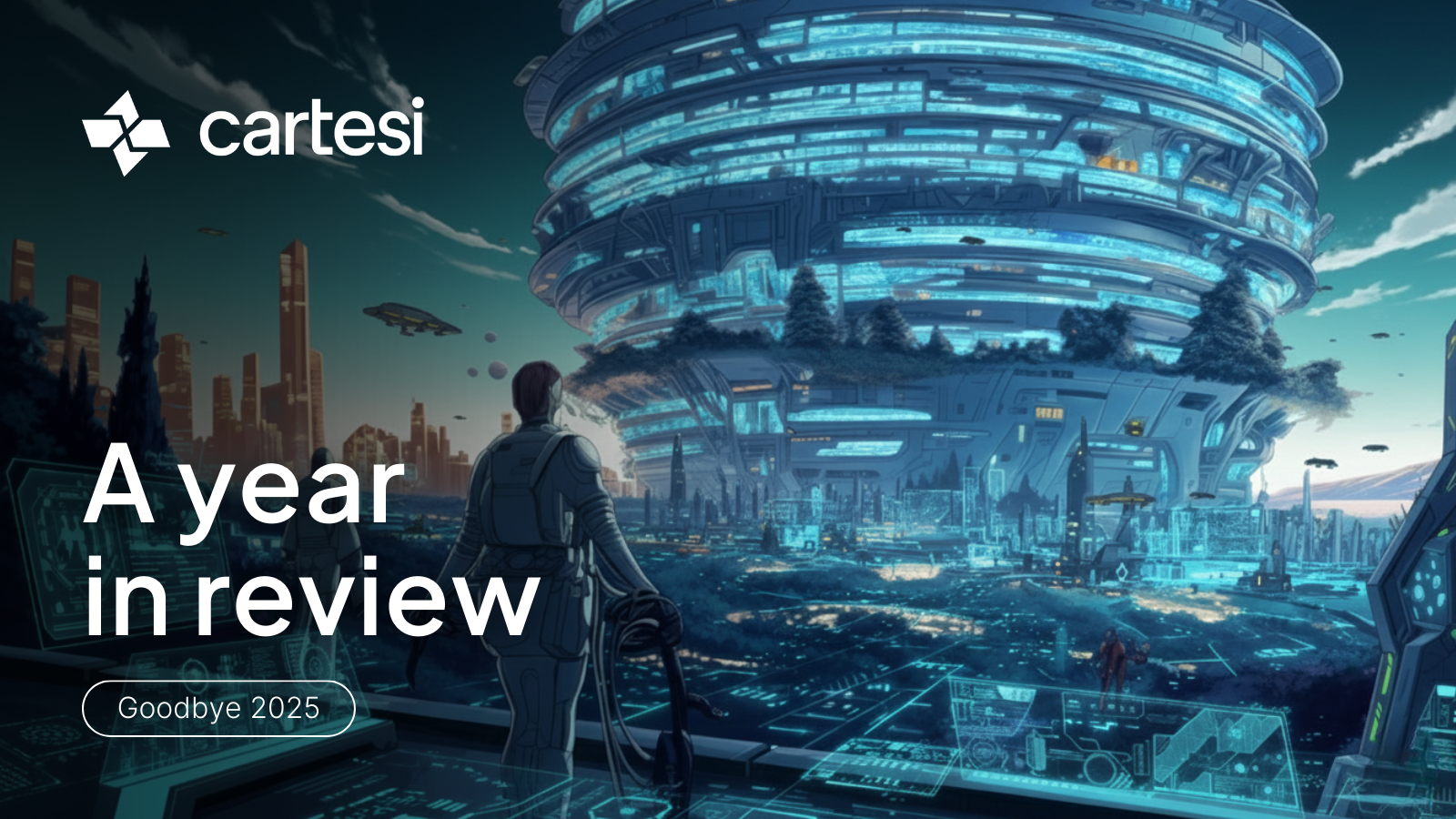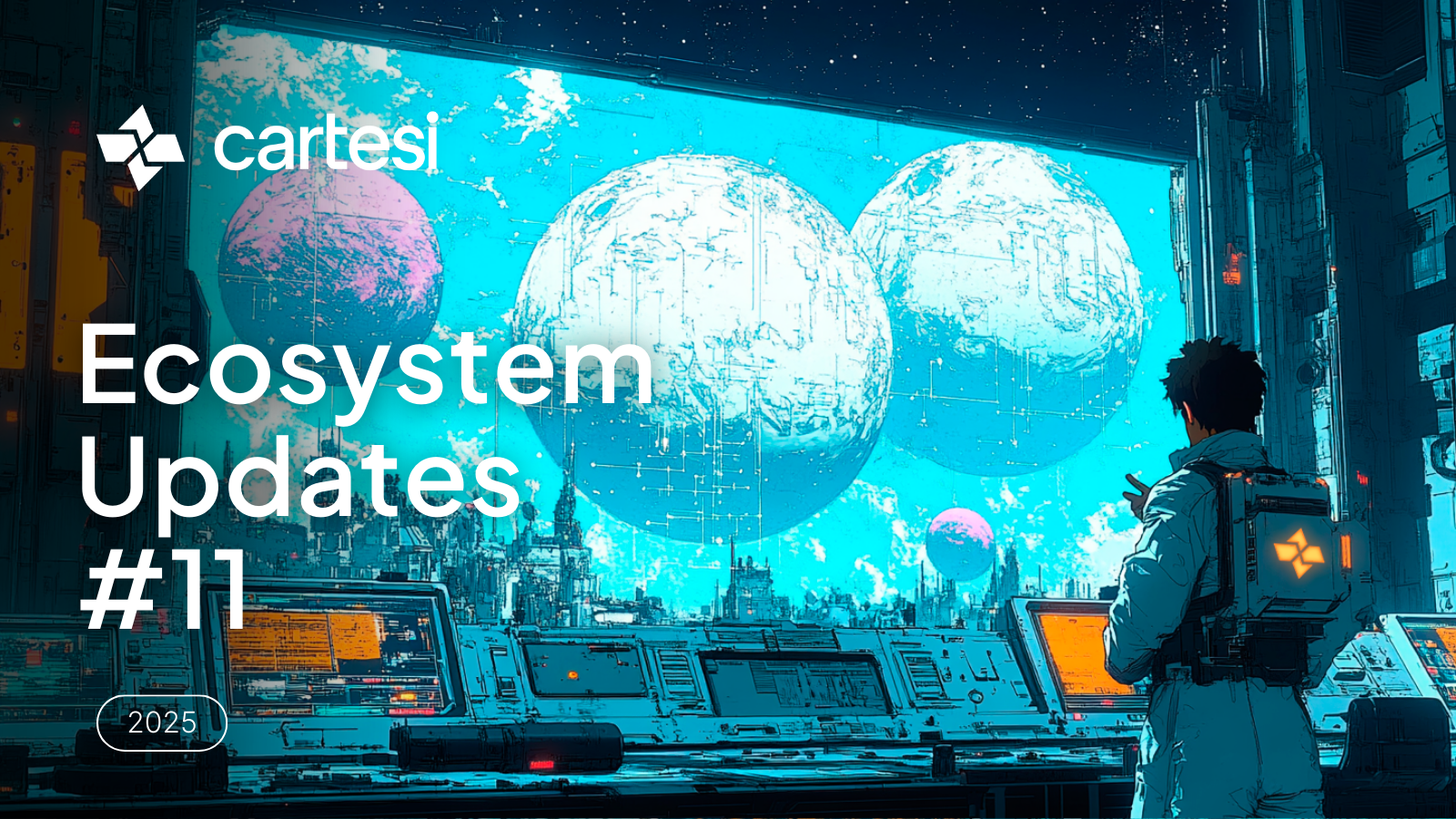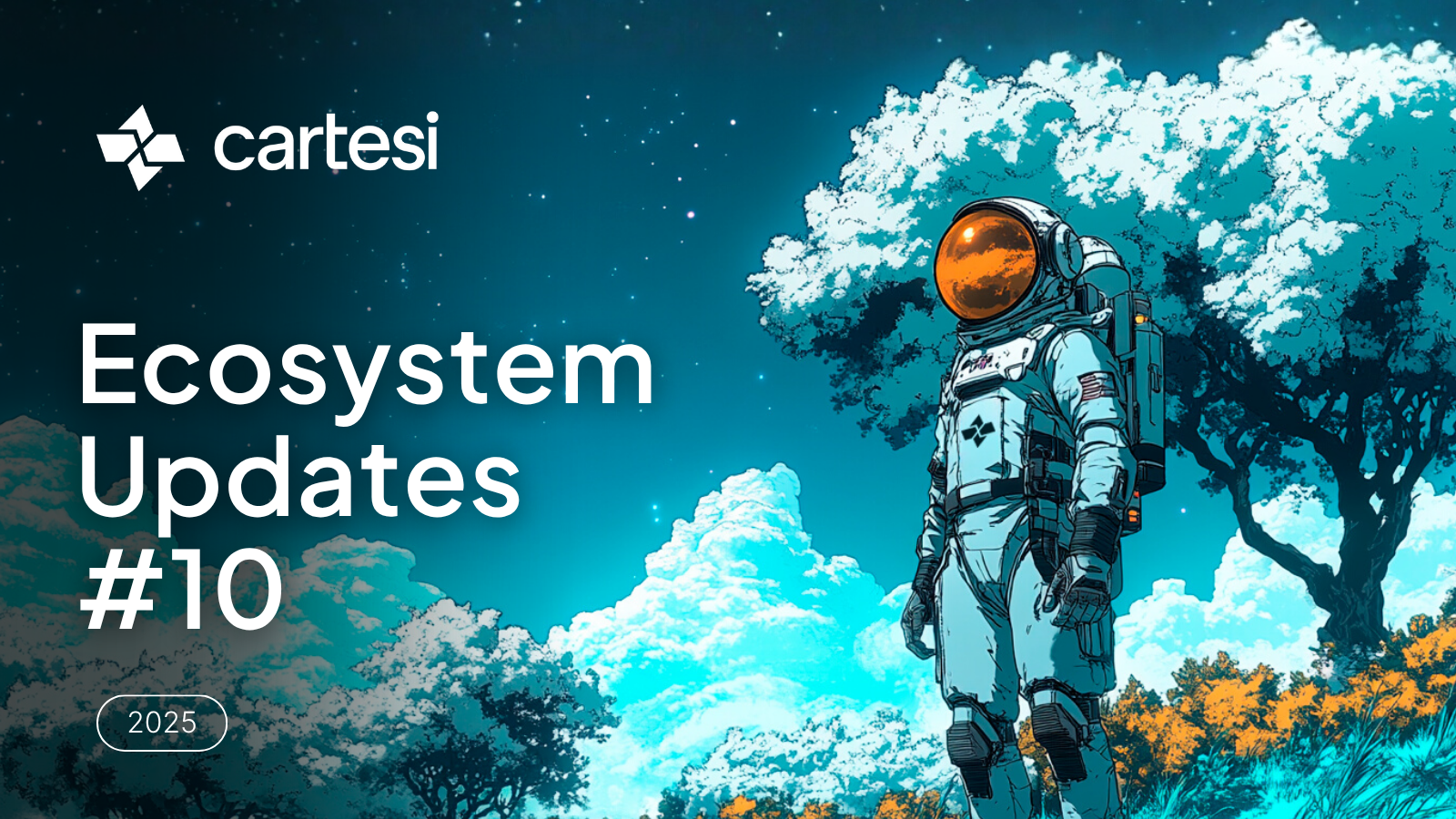Cartesi Ecosystem Updates #12, 2025: A Year in Review
Goodbye 2025: A year of radical focus and technical breakthroughs. Cartesi closes the year as one of only three projects to reach Stage 2 security status on L2BEAT, marking a definitive shift toward fully permissionless rollups. Join us as we recap the milestones, from PRT Honeypot breakthroughs to the enshrinement of RISC-V, that defined Cartesi’s commitment to a trustless, decentralized Web3.
Written By Marketing Unit











